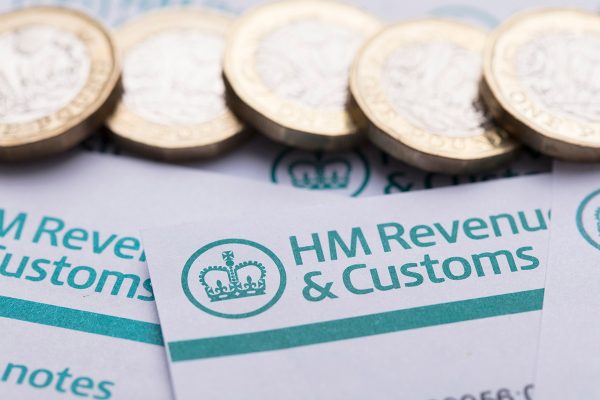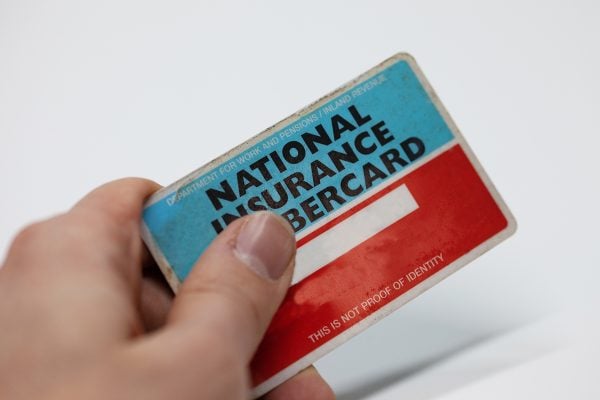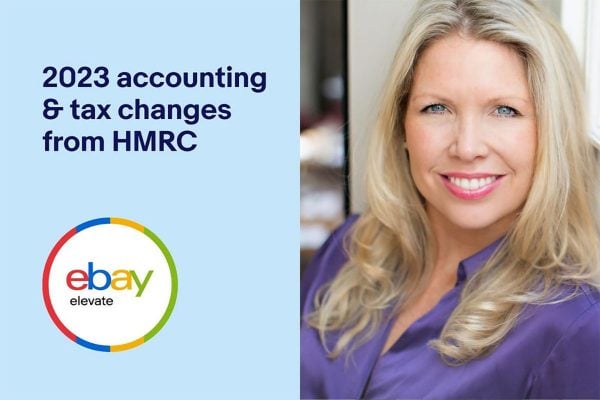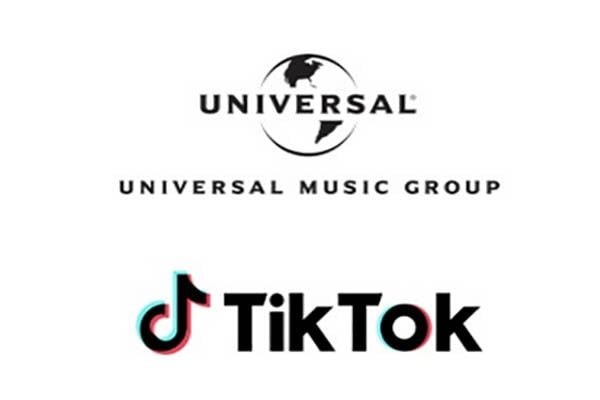 From the 6th of April there will be a change to the way that every one in the country pays tax on savings. This will mean that some savers may have to complete tax returns for the first time.
From the 6th of April there will be a change to the way that every one in the country pays tax on savings. This will mean that some savers may have to complete tax returns for the first time.
Up until now, if you had savings in a bank or building society you would see the interest paid less 20% tax. Higher rate tax payers would have had to pay 40% tax making up the difference on their tax returns. From April that changes and your bank or building society won’t deduct any tax. This narrows the gap between a traditional savings account and a cash ISA – the bit advantage of an ISA has been that interest didn’t attract tax.
In the future you’ll have a personal savings allowance and you can make up to £1000 interest each year without paying any tax. The idea is that all but the very rich will be able to save tax free, especially in the current economic climate with dismal interest rates since the Bank of England base rate cuts six years ago.
The people this will be the biggest pain for will be those who have multiple accounts paying interest – many current accounts also attract interest on balances these days. Previously basic rate tax payers didn’t have to worry about totting up their total interest payments each year, but now everyone will have to check if they earned more than £1000 in interest.
Currently you probably won’t pay any tax on savings if you’re a basic rate tax payer with less than about £70k savings or a higher rate tax payer with less than £35k savings (depending on the interest rate being paid). If however the economy changes and interest rates rise, you may find that interest on your savings goes above the £1000 tax free allowance and you’ll need to pay tax on the balance.








